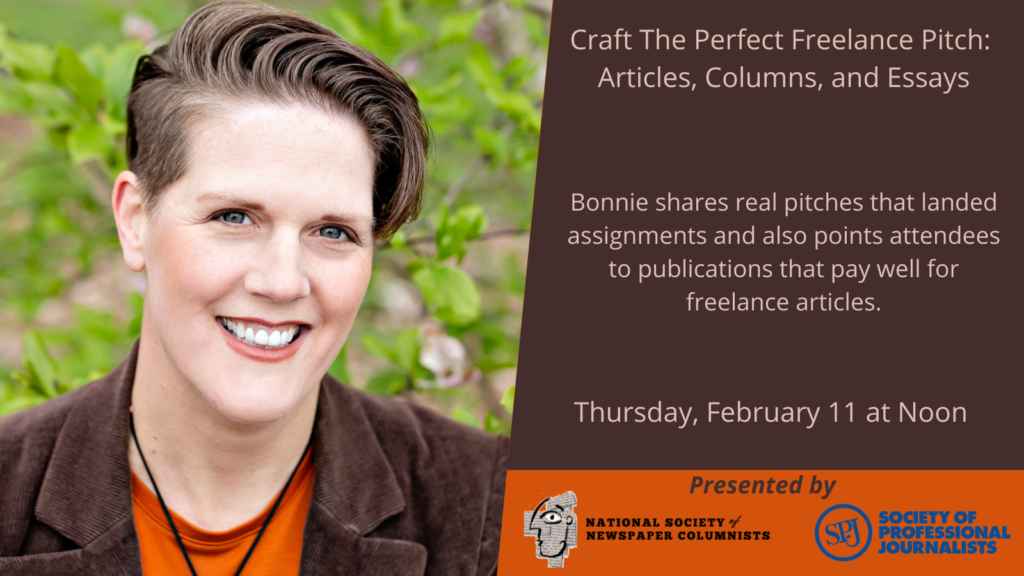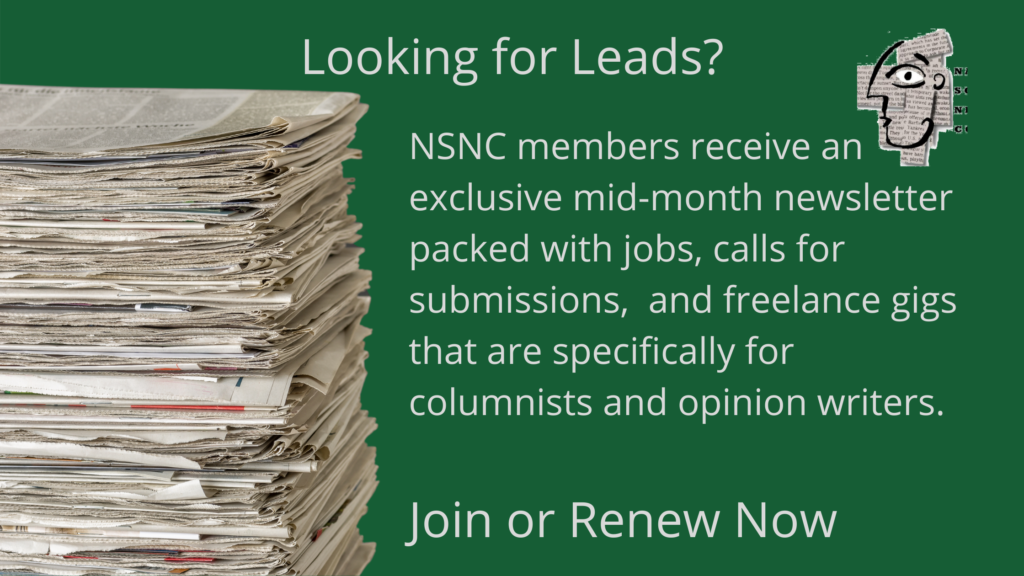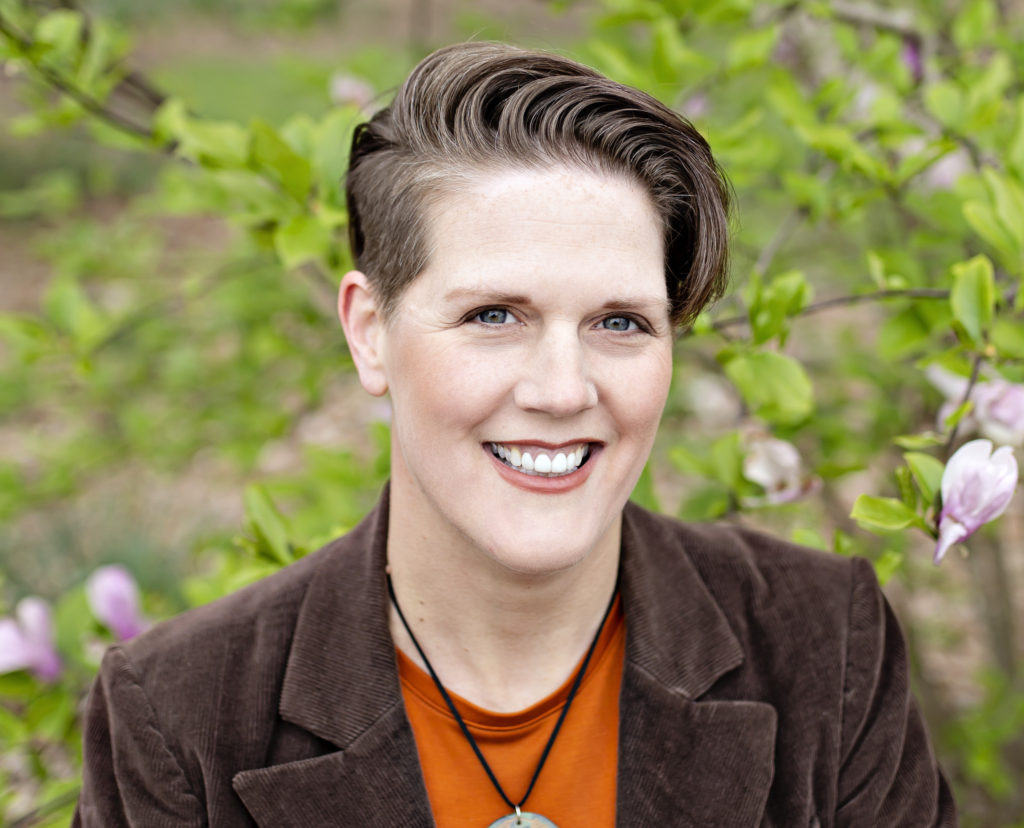
By Bonnie Jean Feldkamp
NSNC Communications Director
“You’re a dream to work with!” I received this compliment in an email from Sharon Holbrook, editor of Your Teen for Parents, the first time we worked together. I had submitted an essay for which she had edits if I wanted her to publish it. The ending wasn’t working for her. Together, we made the piece stronger. That was in 2017 and I’ve worked with her many more times since then writing essays, columns, and reported pieces.
An editor’s job is to manage content and shape submissions to match their publication’s style and objective. Working with freelancers is part of that job and there are a few simple things that will help you stand out among your colleagues and be deemed “a dream to work with.”
Communicate
Most stories start with a pitch and though you should have a solid understanding of your material before you pitch, things can change. Keep the editor informed along the way especially if this is your first time working together. Stories evolve, sources answer questions in a way that takes the story in a new direction, even essays can take an unexpected turn once you start digging in. Keep your editor up to date.
You don’t need to bug them constantly but once you know how your story is developing – check in. Has the story changed from what the editor anticipated for the assignment? Who have you spoken to and how do you foresee the article playing out with the information you’ve received? After I’ve interviewed a few sources or start working through my research, I’ll send the editor an email that starts like this, “Since this is my first assignment with you I want to give you an update.”
Then I lay it out honestly (even if I’m stuck) and I remain open to direction if the editor has suggestions for moving forward. It’s important you remember the assignment and the publication’s objective while not getting emotionally attached to the words on the page. Yes, this can be hard if you’re writing something personal.
Don’t Just Meet Your Deadline – Beat It
When I’m writing for a publication for the first time, I aim to be a few days to a week early knowing that my piece may take a little more time because I’m new. I want to make sure an editor has plenty of time to work through an article with me. I expect there to be a back-and-forth until the assignment is complete.
Be Receptive to Editing.
Editing is a compliment. Remember that. Put it on a sticky note where you can see it while you’re working. The editor’s job is to be your second set of eyes, strengthen your work, and make the copy the best it can be for their readers. Every manuscript is a team effort and you get the byline. Good editors are invaluable. Take editing for the compliment that it is. It means you’re good. It means you’re worth working with. I learned this early on and I may have embarrassed myself a time or two in the process by letting edits hurt my feelings. Now, I love the editing process. Writing is lonely and solitary. Editing? That’s fun; it’s a team effort that tinkers with my favorite things – words and phrasing. Beautiful sentences and strong stories come from teamwork.
Know How to Deliver
Ask the editor how they prefer to receive drafts and images. Most editors I work with these days use Google Docs. This is super nice for me because it’s how I prefer to write. In Google Drive I can share a folder with an editor and we can both drop in source material and images and interview audio. Attachments are rarely favored. Even for photos. Ask.
Bonus tip: Make sure your name is in the filename of your headshot. As a person who receives many headshots for this newsletter and the NSNC Website, I can tell you most headshots have file names like, headshot.jpg, thisone.png, IMG_0626.jpg, or something similar. When you send your headshot it should have your name in the file name like BonnieJeanFeldkamp-Headshot-2020.jpg. Yes, that’s a long filename but
1. They’ll know it’s you and
2. They won’t have to take the time to change the filename for their files.
It really is the little things that set you apart. If you’re a conscientious client who makes it super easy to get things done your name will be super easy to remember when they have an article to assign.
Looking for more tips like these? Sign up for our workshop on Crafting the Perfect Freelance Pitch. Just $15. Register HERE.


Bonnie Jean Feldkamp is an award-winning freelance writer and columnist. She is the Communications Director for the National Society of Newspaper Columnists, member of the Cincinnati Enquirer Editorial Board, and a board member for the Cincinnati Chapter of the Society of Professional Journalists. She lives with her family in Northern Kentucky. Find her on social media @WriterBonnie or at WriterBonnie.com.


